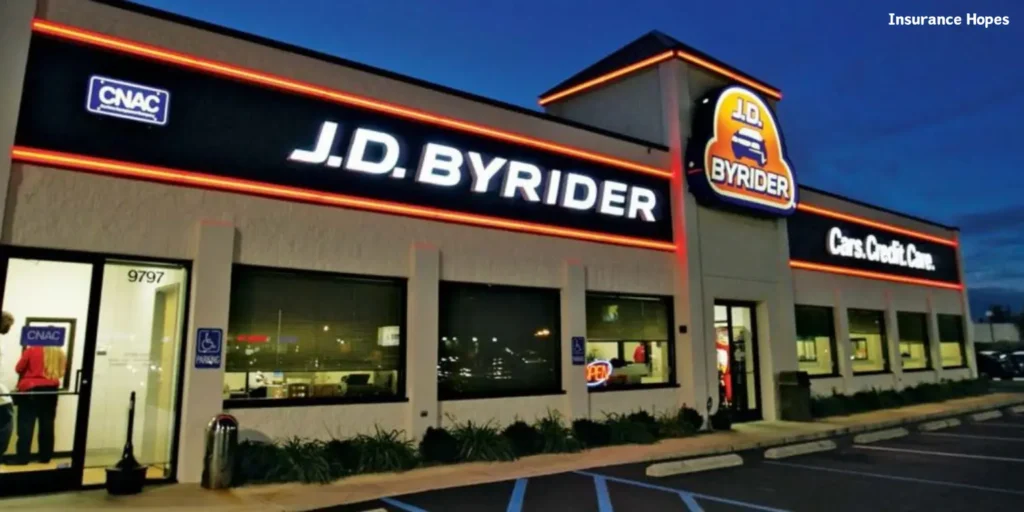Do Insurance Companies Check EDR

Many modern cars are equipped with Event Data Recorders (EDRs), sometimes known as “black boxes,” which are silent observers. These instruments meticulously capture critical data during an impact, giving rise to a comprehensive account of the minutes leading up to and following an incident. One significant question that drivers with accidents often have is: Do insurance companies go over EDRs?
It’s not as simple as yes or no. It depends on a number of variables, including:
Accident Intensity: Insurance companies may elect not to request EDR data in less serious crashes. However, in more catastrophic situations with significant damage or injuries, EDR data can be a helpful tool for assigning guilt.
State laws: There is no federal requirement pertaining to insurance corporations’ access to EDRs. Legislation pertaining to the use of EDRs varies by state; some grant insurers greater access than others.
Company Policy: Each insurance company has its own policy on the retrieval and use of EDR data.
Recognizing EDRs

The two main uses of EDRs are as follows:
Safety Engineering: Automakers utilize EDR data to analyze crash trends and improve car safety features for next models.
Accident reconstruction: Trained specialists are able to retrieve the information recorded by EDRs in order to reconstruct the sequence of events that preceded an accident.
This information includes: Vehicle speed and engine power Utilizing seat belts Putting on the brakes the steering wheel’s angle When to activate your airbags
How Insurance Businesses Obtain EDR Information

Insurance firms can access EDR data in two primary ways
With Your Consent: When retrieving data from your car’s electronic data record (EDR), insurance firms typically ask for your consent. It is within your rights to decline this request.
Via a Third-Party Supplier: Insurance companies could collaborate with specialized suppliers that have the tools necessary to extract EDR data straight from the computer system in your vehicle.
It’s crucial to remember that insurance companies can only use EDR data in certain ways. Laws in several states limit the usage and accessibility of EDR data.
EDR data is also not always dependable or available. EDRs, for instance, might not record data from every crash, and the data they do record could be tainted.
Other items to consider regarding EDRs and insurance companies are as follows:
It is not necessary for you to disclose to your insurance provider that your vehicle has an EDR.
You have the choice to refuse your insurance company’s usage of your EDR data. On the other hand, this can make it harder for you to receive a just compensation for your claim.
Speak with an attorney if you have concerns about how your EDR data might be used.
The Impact of EDR Data on Your Claim

If EDR data is recovered, it may have the following effects on your insurance claim:
Supporting Your Claim: The information may help your claim if it verifies your version of events and shows you were not at blame for the accident.
Busting False Claims: EDR data can reveal discrepancies in cases where a driver overstates their involvement in the collision, which may result in the claim being denied.
Shared Fault: EDRs can assist in calculating the proportion of each driver’s fault that was assigned during the collision, which can have an effect on claim amounts.
Legal Aspects and Privacy Concerns

Some drivers are concerned about their privacy when using EDR data. Here are some things to think about:
Data Ownership: Depending on your state and insurance company policy, you may not be the owner of EDR data.
Data Security: To safeguard sensitive EDR data, vendors and insurance firms must continue to implement strong security measures.
Legal Difficulties: The legal environment pertaining to EDR data is dynamic. Drivers may be able to challenge an insurance company’s use of EDR data through legal means in certain situations.
Defending Yourself

You can take the following actions to safeguard yourself:
Know Your State Laws: Become acquainted with the regulations that your state has in place regarding the access to EDR data.
Examine your policy for insurance: To learn about your insurance company’s position on EDR data retrieval, carefully read your policy.
Speak with an Attorney: You should think about getting legal counsel if you’re worried about how EDR data might be used in your case.
CONCLUSION:
Even though the subject of how insurance companies use EDR data is still complicated, it’s important to understand how it can apply to your claim. Through comprehension of EDRs, insurance companies’ data access methods, and your rights as a driver, you may safeguard yourself and make well-informed judgments during the claims procedure. Recall that in the event of an accident, interacting with your insurance provider and possibly consulting with a lawyer might be helpful steps in understanding how to use EDR data.











